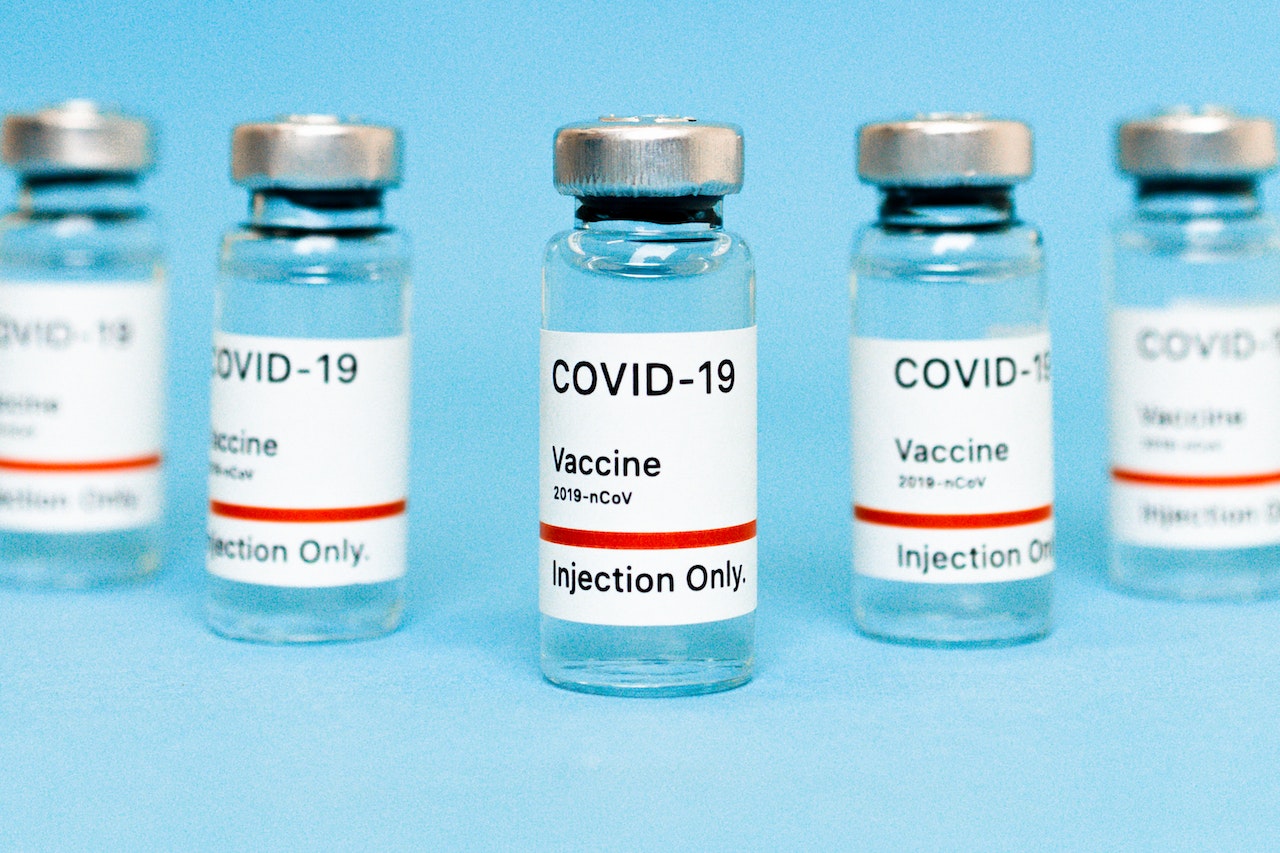In a pivotal development on Monday, the US Food and Drug Administration (FDA) granted approval for updated COVID-19 boosters, heralding the commencement of an ambitious autumn vaccination campaign aimed at quelling the persistent threat of the virus.
Anticipating the imminent rollout, the Centers for Disease Control and Prevention (CDC) is poised to deliver their recommendations later this week. Simultaneously, pharmaceutical companies are gearing up to distribute the FDA approved updated COVID-19 boosters doses to the American public.
These renewed efforts to vaccinate individuals against the SARS-CoV-2 virus come amidst a resurgence in case numbers and hospitalizations, although far from the catastrophic levels witnessed during the height of the pandemic. This resurgence is partly attributed to the emergence of new variants circulating globally.
Dr. Peter Marks, the director of the FDA’s Center for Biologics Evaluation and Research, emphasized the critical role of vaccination in safeguarding public health. Dr. Marks stated, “The public can be assured that these updated vaccines have met the agency’s rigorous scientific standards for safety, effectiveness, and manufacturing quality. We very much encourage those who are eligible to consider getting vaccinated.”
Nonetheless, a chorus of experts questions the necessity of annual booster shots. Dr. Eric Topol, the director and founder of the Scripps Research Translational Institute in California, argues that the idea of annual boosters lacks empirical support, given the absence of conclusive data indicating waning immunity beyond six months.
Dr. Paul Offit, director of the Vaccine Education Center at the Children’s Hospital of Philadelphia and a member of the FDA’s external advisory committee, contends that the protection conferred by memory cells suffices to guard against severe illness for most healthy Americans, including those who have received at least three doses or possess hybrid immunity, resulting from prior infection and vaccination.
Offit underscores the continued efficacy of memory cell protection against prevailing variants, asserting that these variants have not significantly altered in ways that render prior immunity obsolete.
While some experts anticipate the coronavirus adopting a seasonal pattern akin to other winter viruses, Dr. Topol cautions that such a transition may take an extended period, foreseeing simultaneous waves in both hemispheres over the next four years.
Since 2020, the United States has witnessed surges in cases during late summer and mid-winter, with the latter contributing more substantially to case increases. In 2022, mRNA vaccines from Moderna and Pfizer/BioNTech received FDA authorization at the end of August, coinciding with a decrease in cases.
The FDA traditionally requests vaccine companies to prepare for a fall vaccination push and holds votes during the summer to determine which variant to target. Subsequently, the CDC provides guidance on eligibility criteria for booster doses.
Experts concur that older individuals, immunocompromised individuals, or those with chronic health conditions may benefit most from regular boosters, although generating an immune response can be challenging, particularly for older individuals or those with specific ailments.
Angela Rasmussen, a virologist and research scientist, suggests that pursuing two booster campaigns annually may not provide additional benefits and that an annual COVID booster may not be necessary for individuals who have already received multiple doses or contracted the virus.
Dr. Céline Gounder, an infectious disease expert and epidemiologist, suggests that the timing of booster campaigns may need to account for the age demographics affected by the two seasonal waves, although comprehensive data to support this theory remains elusive.
Gounder advocates a surveillance-based approach to identify trends in case upticks, focusing on age, underlying health conditions, and other factors to tailor booster strategies effectively.
Dr. Peter Hotez, dean of the National School of Tropical Medicine at Baylor, expresses concerns about the timing of boosters, urging prompt action to combat the evolving dominant variants.
The CDC’s variant tracker reveals shifts in the prevalence of specific variants, with newer variants such as BA.2.86 gaining attention from global health experts.
The Biden Administration is optimistic that making booster doses readily available will encourage uptake, but the numbers from 2022, wherein only 17% of Americans received COVID boosters, suggest challenges in achieving this goal.
Critics argue that the current strategy fosters inequity in access, necessitating a more targeted approach to disseminating booster information.
Pharmaceutical companies are preparing millions of booster doses for distribution, with vaccines now available on the commercial market instead of being exclusively supplied by the US government. The three primary vaccine options—Pfizer, Moderna, and Novavax—are ready for deployment as soon as regulatory authorities grant approval.
Novavax reports that its vaccines provide protection against emerging subvariants, further bolstering the available options. However, the vaccine market is not as expansive as during the peak of the pandemic, and the lack of diversity in vaccine options may affect overall protection.
As vaccine companies monitor emerging variants, they are prepared to test their vaccines against them. Moderna has been developing a combination flu and COVID vaccine, aligning with the seasonal pattern of respiratory vaccinations.
Pfizer CEO Albert Bourla anticipates COVID-19 vaccinations following the familiar pattern of the fall and winter respiratory disease season, beginning in September. Once approved, individuals will have access to the vaccine throughout the year.
In conclusion, the authorization of updated COVID-19 boosters by FDA marks a renewed offensive against the virus, with pharmaceutical companies gearing up to deploy resources in the weeks ahead. While some experts express reservations, this decision underscores the persistent endeavor to adjust to the ever-changing dynamics of the pandemic.
Source: Yahoo Finance



